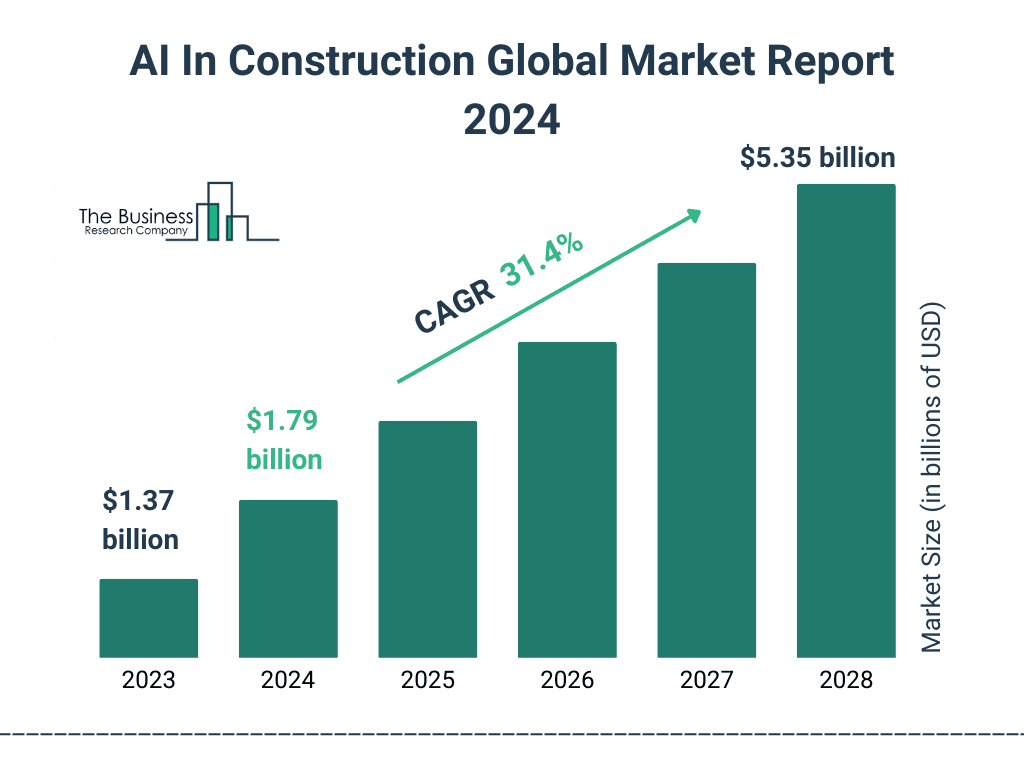Thailand is positioning itself as a regional leader in digital transformation. By leveraging tools like Building Information Modeling (BIM) and drones, the nation is reshaping its construction industry, reducing costs, and improving efficiency. Here’s how Thailand Technology Integration are driving change in the construction sector.
Thailand Technology Integration Fuels Construction Innovation
Thailand’s push to digitize its economy is setting the stage for transformative changes across industries, including construction. With a goal to grow its digital economy to 50% of GDP by 2030, the country aims to unlock up to $79.5 billion annually. This ambition is supported by advancements in digital infrastructure, as evidenced by Thailand’s climb to 46th place in the 2022 Network Readiness Index.
Such readiness in Thailand Technology Integration is vital for integrating advanced technologies like BIM and drones into construction projects. These tools are helping Thailand address key industry challenges, including rising material costs, delays, and inefficiencies.
BIM: Transforming Planning and Cost Management
Building Information Modeling (BIM) has emerged as a cornerstone technology for efficient construction management. Therefore by creating detailed 3D models of buildings before ground is broken, BIM reduces costly errors and streamlines project timelines.
Reports show BIM can save up to 20% of project costs by optimizing resource allocation and improving collaboration among stakeholders. In Thailand, the adoption of BIM aligns with the broader goal of digitizing construction processes, paving the way for smarter, more sustainable infrastructure.
Enhancing Monitoring and Efficiency with Thailand Technology Integration
Drones are transforming how construction sites are managed in Thailand. Capable of capturing real-time aerial data, drones offer enhanced visibility into every stage of a project. As a result, these insights will improve decision-making, boost safety, and ensure that timelines are met.
In fact, drones are known to increase project efficiency by up to 30%. They provide unparalleled accuracy in surveying and can quickly identify potential issues, reducing the risk of delays. By integrating drones with 5G connectivity, Thailand’s construction industry can benefit from faster data transmission and greater operational efficiency.
5G and AI in Construction: Unlocking Billions in Value

The deployment of 5G technology in Thailand is further enhancing the potential of digital tools in construction. With faster data speeds and lower latency, 5G enables real-time communication between on-site teams and remote offices. By 2035, 5G is expected to contribute $9.3 billion to the Thai economy, with construction being a key beneficiary.
Artificial intelligence (AI) is another game-changer for Thailand’s construction sector. AI-powered tools can analyze massive amounts of data to predict project outcomes, optimize resources, and prevent delays. By 2030, the integration of AI into Thailand’s economy is projected to generate over 2.6 trillion baht in benefits.
For the construction industry, the Thailand Technology Integration means smarter scheduling, automated processes, and better risk management. These all will lead to safer and more efficient project execution.
Challenges and Opportunities in Thailand Technology Integration
While the benefits of BIM, drones, and other technologies are clear, challenges remain. High initial investment costs and a lack of skilled professionals are barriers to widespread adoption. To address this, the Thai government plans to create 280,000 new tech jobs by 2029, focusing on AI, cloud computing, and cybersecurity.
As the digital transformation market in Thailand is expected to reach $9.03 billion by 2025, the construction industry stands at the forefront of a technological revolution.
Looking Ahead
Thailand technology integration is rapidly transforming construction projects, making them smarter, faster, and more cost-effective. By embracing BIM, drones, and AI, the industry is set to deliver better infrastructure while saving resources. As 5G adoption grows and digital tools become more accessible, Thailand’s construction sector is poised to lead the region in innovation.

